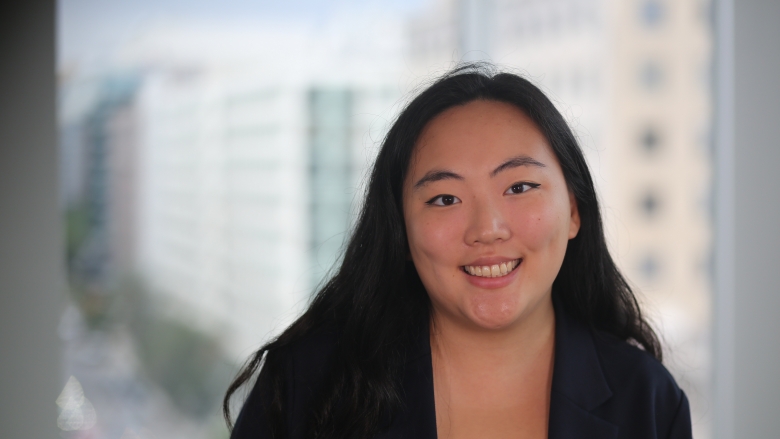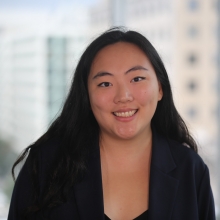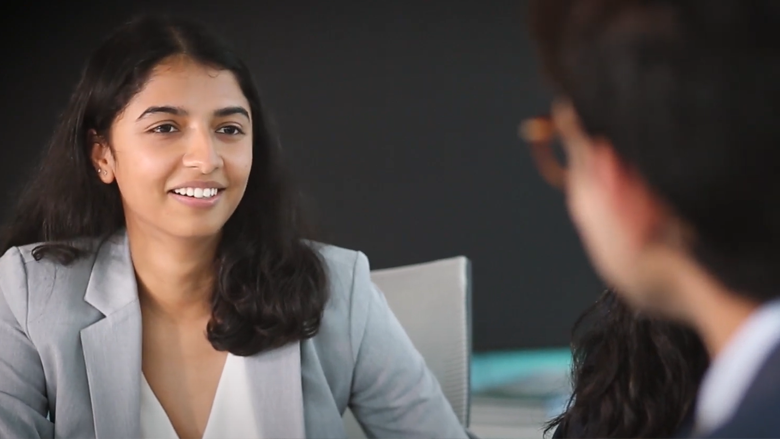Update: Rebecca Pu completed the Treasury Junior Analyst Program and began as a Climate Risk Analyst at S&P Global Sustianable 1 in New York City.
What’s your typical day as a Treasury Junior Analyst?
- Conduct the daily risk and investment guideline monitoring process on client portfolios and trades.
- Develop economic models related to duration and risk by applying data science techniques in research.
- Source and consolidate relevant macroeconomic data from various databases and open data sources to assist with economics research.
- Assist and attend RAMP trainings held by senior colleagues on the team.
What is your greatest challenge and success as a Junior Analyst?
My greatest challenge has been adapting to the steep learning curve of financial and institutional knowledge. My greatest success has been using the data science skills I learned in college to better streamline the risk and compliance monitoring process
What do you appreciate most about the Junior Analyst program?
I appreciate that the senior managers and colleagues really make an effort to include me on projects tailored to my interests to support my learning goals. Whether it is including me on ESG reporting projects or enrolling me in training programs, my team has been extremely helpful in developing me professionally to my interests in sustainable finance and data science. My manager’s flexibility and openness towards taking my interests and goals into account is truly empowering.




